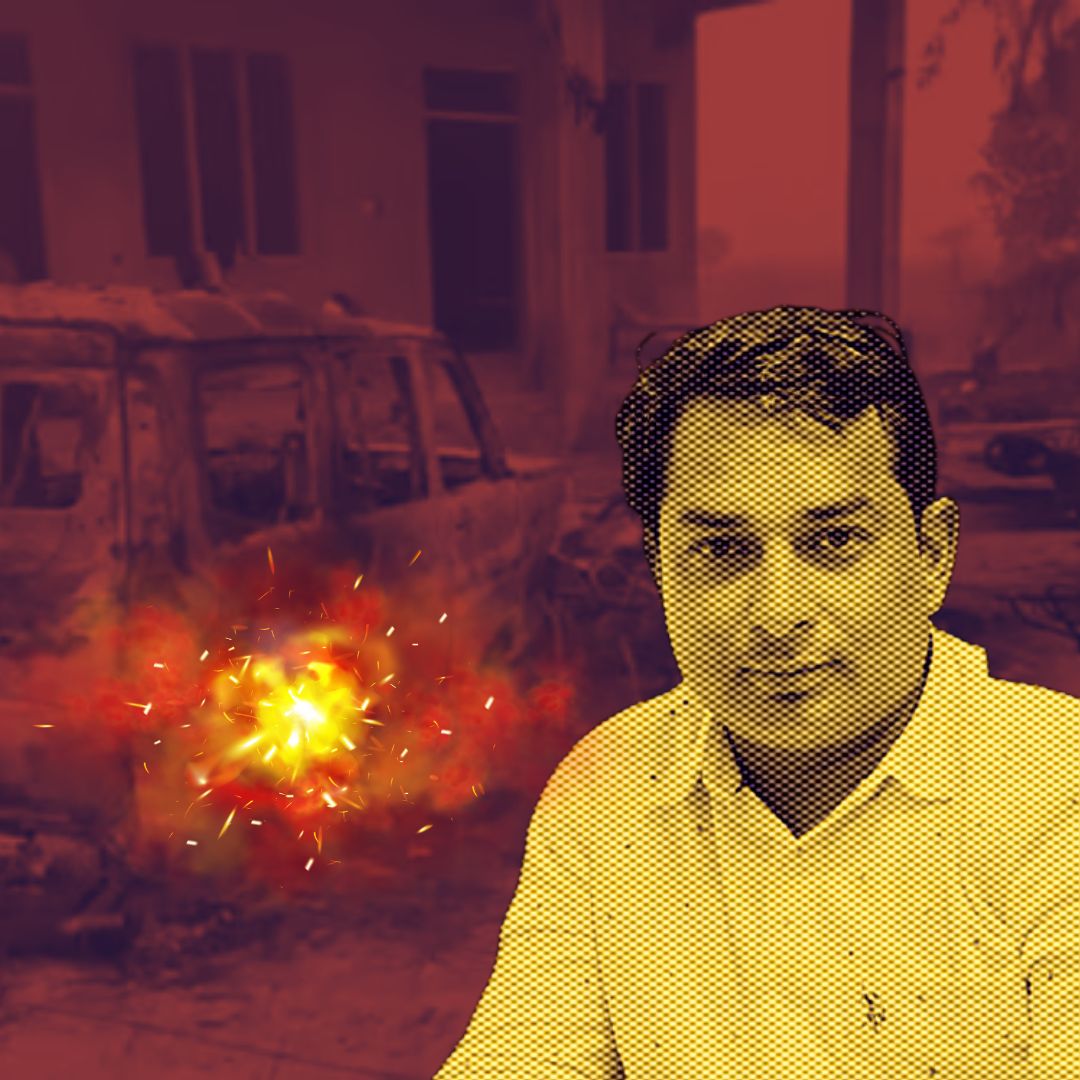In Tonk, Rajasthan, violent protests erupted after the arrest of independent candidate Naresh Meena, who allegedly assaulted Sub-Divisional Magistrate (SDM) Amit Chaudhary during polling for the Deoli-Uniara assembly by-elections. Supporters of Meena blocked roads and clashed with police, resulting in injuries to at least 60 individuals and the burning of numerous vehicles. Authorities have since cleared the roads and arrested 60 protesters, while Meena claims he was targeted for political reasons.
Protests and Police Response
Following Naresh Meena’s arrest on Thursday, his supporters took to the streets in Samravata village, blocking roads and engaging in violent protests against what they termed an unjust detention. The situation escalated as demonstrators set fire to approximately 72 vehicles, including police cars, and clashed with law enforcement officers, injuring eight police personnel among the total of 60 reported injuries. Inspector-General of Police Om Prakash confirmed that additional police forces were deployed to restore order, which included using tear gas to disperse the crowd. Local authorities assured that legal action would be taken against those involved in the violence.
Background of the Incident
The unrest was sparked by an incident on Wednesday when Meena allegedly slapped SDM Amit Chaudhary at a polling station amid a protest by villagers demanding their area be reassigned to a more accessible administrative jurisdiction. This confrontation occurred during a boycott of the elections by some locals who felt disenfranchised. Following the assault, police attempted to apprehend Meena, who fled the scene but was later arrested as tensions mounted. The Rajasthan Administrative Service Officers Association has demanded strict action against Meena for his actions.
The Logical Indian’s Perspective
The events unfolding in Tonk highlight a concerning trend of violence in political contexts, underscoring the need for peaceful dialogue and respect for democratic processes. At The Logical Indian, we believe that constructive engagement is vital for community harmony and progress. How can we encourage a political culture that prioritises dialogue over aggression? We invite our readers to share their thoughts on fostering peaceful resolutions in such challenging circumstances.












